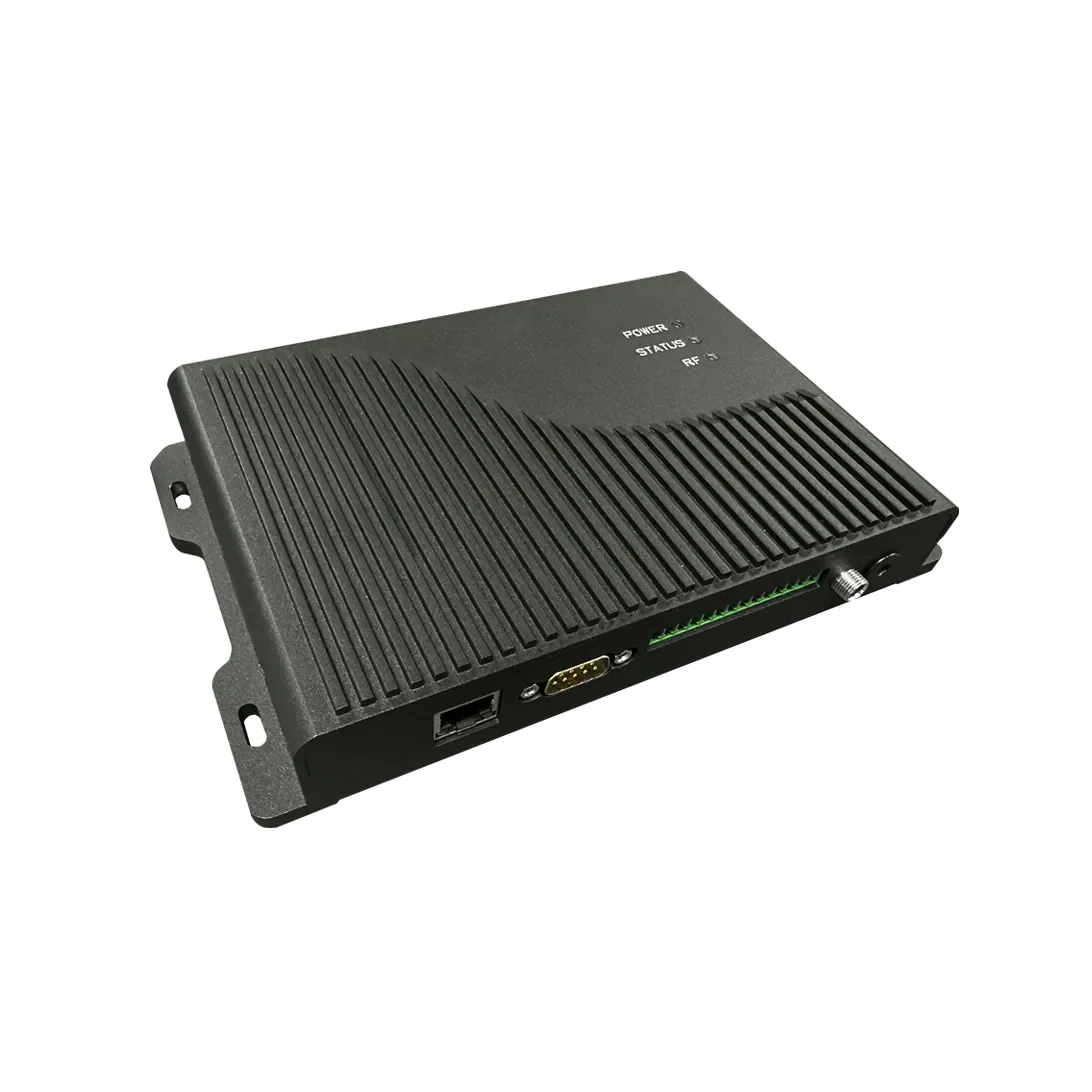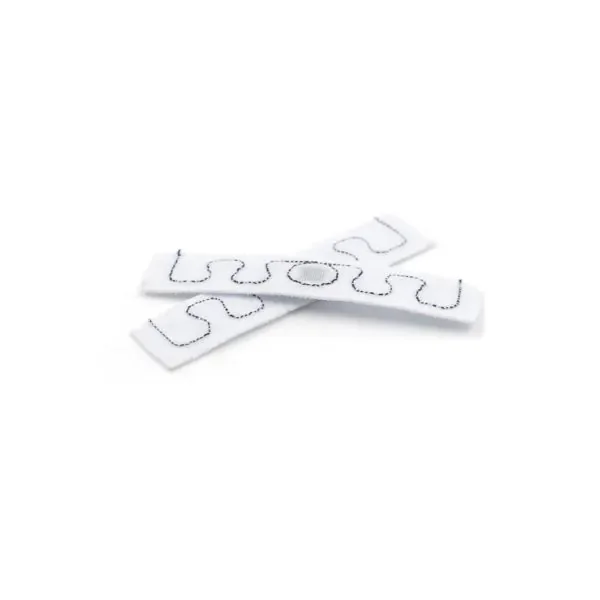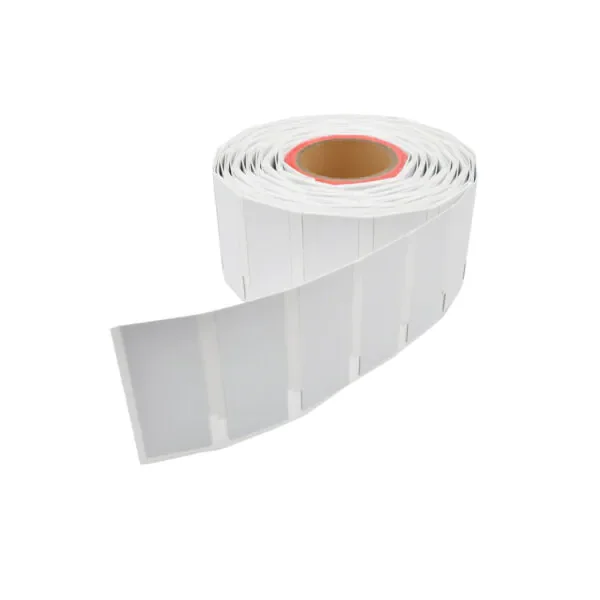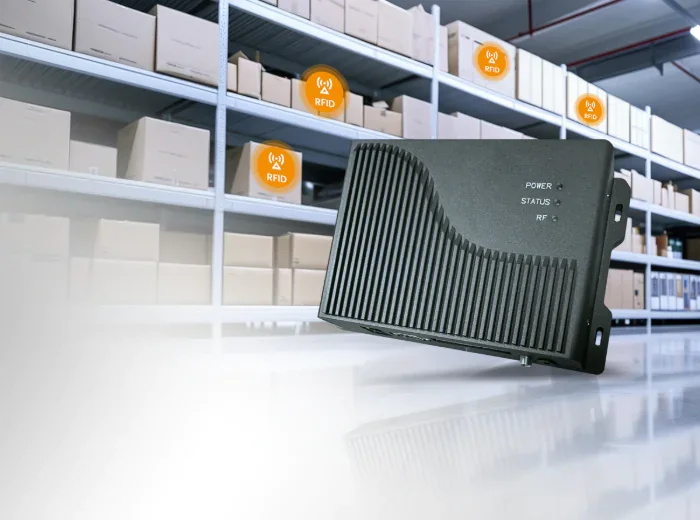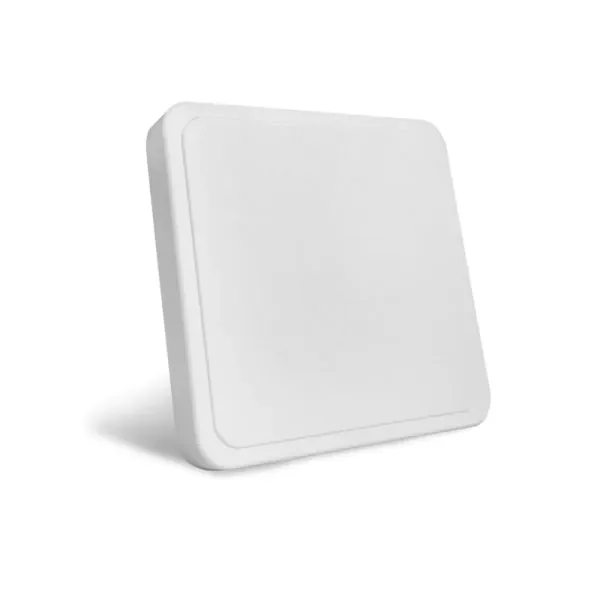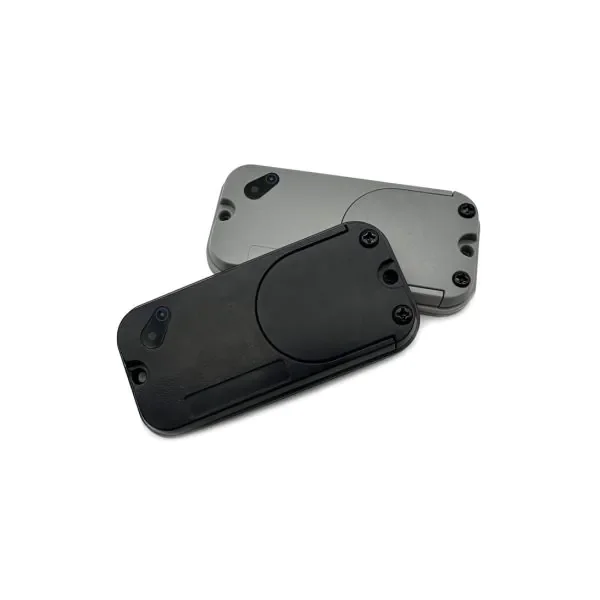Accurate and effective product tracking is crucial in today’s fast-paced corporate world. In today’s world of modern asset and inventory management, RFID labels are indispensable, and RSTC is an authority in RFID solutions. RFID labels, also referred to as smart labels, are flexible tools that enable companies to easily record and transfer data. This article will define RFID labels, go over their advantages, describe the many kinds, and explain how they work, all the while showcasing the knowledge and experience of reliable RFID label suppliers and manufacturers.
Table of Contents
ToggleRSTC: Your Professional RFID Labels Supplier
At RSTC, we provide a broad range of RFID labels designed to meet specific business needs. These labels, whether made of paper or plastic, contain an embedded RFID inlay that enables communication with RFID readers through radio waves. Our team, as experienced RFID labels manufacturers, ensures that each label is engineered with precision to guarantee reliable performance. By partnering with professional RFID label suppliers like RSTC, businesses gain access to high-quality labels that support effective asset tracking, inventory management, and product identification.
How RFID Labels Work
RFID labels operate through a simple yet sophisticated mechanism. When an RFID label comes near an RFID reader, the reader emits radio waves that activate the chip embedded inside the label. Once activated, the label transmits stored information, such as product name, price, or location, back to the reader. At RSTC, we emphasize that selecting the right labels and pairing them with compatible RFID readers is crucial for accurate tracking. Working with reliable RFID labels manufacturers and RFID label suppliers ensures that the labels function seamlessly in a variety of applications, from retail inventory management to supply chain monitoring.
Benefits of Using RFID Labels
RFID labels offer multiple advantages for businesses of all sizes. Firstly, they provide real-time visibility of products and assets, which reduces inventory errors and increases operational efficiency. Secondly, they enhance traceability, making it easier to monitor product movement throughout the supply chain. At RSTC, we have seen how using high-quality RFID labels from trusted RFID labels manufacturers and RFID label suppliers improves overall workflow and asset control. Additionally, these labels are flexible, durable, and suitable for a wide range of industries, including retail, healthcare, logistics, and manufacturing.
Types of RFID Labels
Finally, RFID labels come in several types to suit different applications. Common variations include passive labels, which are activated by the reader’s signal, and active labels, which have their own power source for extended range and functionality. At RSTC, we work closely with clients to recommend the most appropriate type based on the product, environment, and tracking needs. Partnering with knowledgeable RFID labels manufacturers and RFID label suppliers ensures that each label meets specific requirements, providing reliable performance and long-term value.
Conclusion
In conclusion, RFID labels are powerful tools that enhance tracking, inventory management, and product visibility. At RSTC, we are proud to serve as a professional RFID labels supplier and flexible RFID labels manufacturer, providing high-quality labels, guidance, and support to businesses worldwide. By understanding how RFID labels work, the types available, and the benefits they offer, organizations can make informed decisions and improve operational efficiency. Choosing trusted RFID label suppliers like RSTC guarantees reliable performance, effective data capture, and seamless integration of RFID technology into your business operations.



